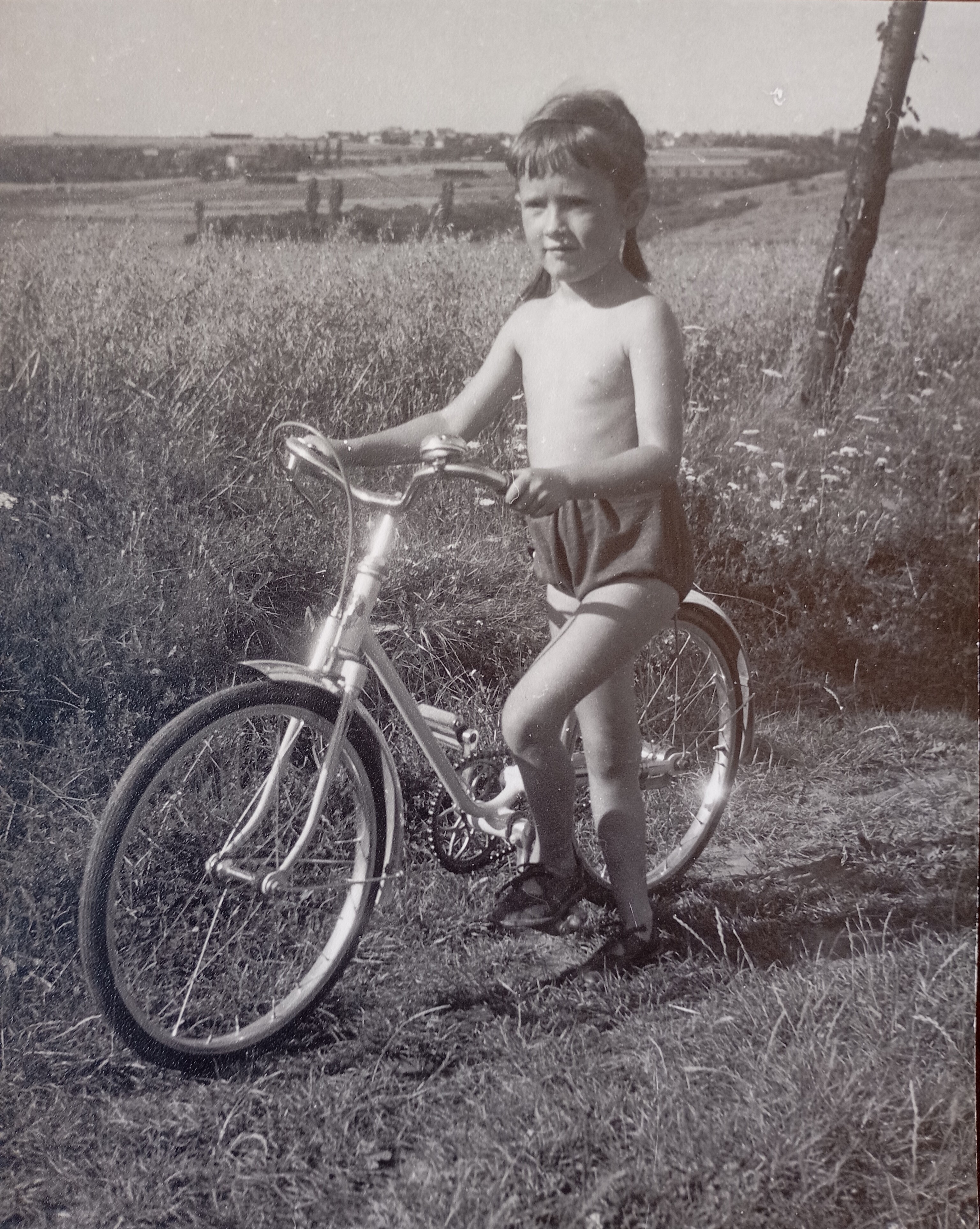The chick in the mental hospital was called Comrade

Download image
Alžběta Cibochová was born on December 30, 1950 in Prague. She lived with her parents in Pařížská Street, her father was an artist and worked at the Orbis publishing house in Vinohrady. Alžběta Cibochová graduated from the secondary general education school in Žižkov. She graduated in 1969 and continued her studies at the art high school on Hollar Square in the field of promotional graphics. She applied to the Academy of Fine Arts in the field of restoration, but was not accepted there, so she graduated from the Faculty of Education at Charles University. After her studies, she began working at the Special School in Prague 9. She spent ten years there, then began teaching at the Children’s Psychiatric Hospital. She never joined the Party. She married twice, her first husband died shortly after the wedding. She had two sons with her second husband. After the revolution, she worked for twenty years as a director of a special school. Now retired, she still works with mentally handicapped children, meeting with them at the Divizna clubhouse in Počernice. In 2024 she lived in Prague.








